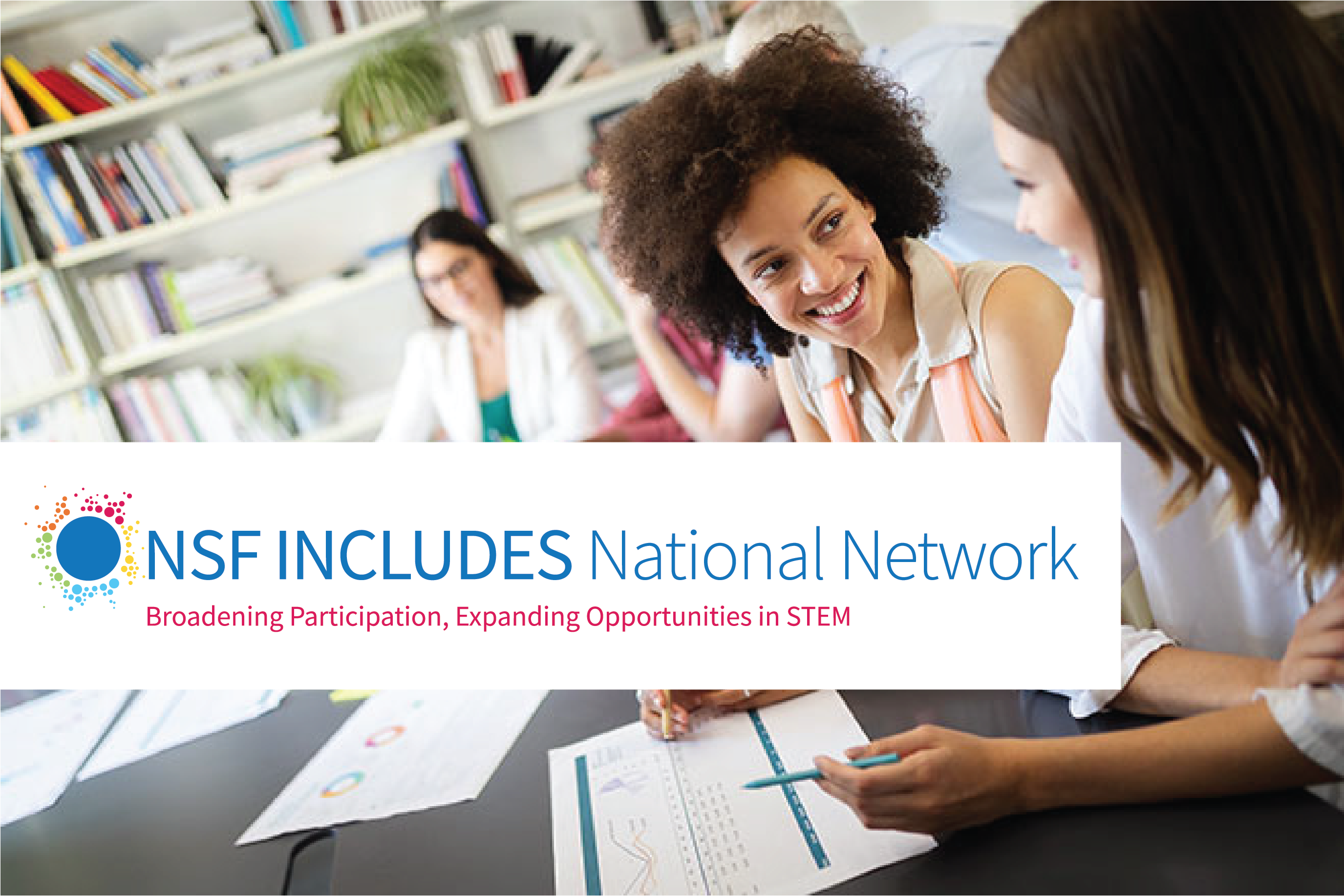Over the past 2 decades, the United States has seen enormous growth in the science, technology, engineering, and mathematics (STEM) fields. This growth has been particularly strong for high skill technician jobs in technology and computer science, which offer a promising path to the middle class for many Americans.
Needs for early-career employees entering technical fields, focusing on the high-priority employability skills most in demand in technical fields, what makes employability skills so important in today’s employment marketplace, how employability skills develop, and what strategies are used by community college educators and employers of early-career technicians to support employability skills growth
More than 36 million adults in the United States do not have the basic literacy and math skills needed for many entry-level jobs and even less so for the types of jobs expected to dominate in the future. And current federal- and state-funded adult basic education (ABE) programs, the main providers of skill development and … Continue reading Evaluating Digital Learning for Adult Basic Literacy and Numeracy
This report is geared toward leaders in education, industry, workforce development, and human services interested empowering working age adults to build sustainable 21st century careers. Personal success skills are the foundational capacities that all adults need to thrive in the workforce, beyond technical and disciplinary knowledge. As part of a multi-pronged approach, strengthening personal success … Continue reading Empowering Adults to Thrive at Work: Personal Success Skills for 21st Century Jobs. A Report on Promising Research and Practice
Fostering cybersecurity learning by offering concise “microlesson” content on smartphones. This project develops and tests a prototype approach to engaging adult learners in exploring, developing, and refreshing their cybersecurity skills. Designed to fit into convenient 5-minute increments, the microlessons feature interactive simulations of key procedures and concepts in cybersecurity defense and attacks. This work advances … Continue reading Microlessons to Build Readiness in the Cybersecurity Workforce
Through an evaluation of career and technical education programs in Texas, SRI is determining what makes high-quality programs sustainable and scalable. SRI examined the characteristics and quality of career and technical education (CTE) programs in Texas. The study team described CTE programs in the state, including programs offered, students served, and student attainment and developed … Continue reading Statewide Evaluation of Career and Technical Education Programs
SRI Education investigated the role and efficacy of online learning technologies targeting literacy and math outcomes for low-skilled adults enrolled in adult basic education programs. In a two-year research project, SRI Education partnered with a group of adult basic education (ABE) program sites in the Great Lakes region and elsewhere that adopted different online instructional … Continue reading Technologies for Adult Basic Literacies Evaluation (TABLE)
This article presents two contrasting cases that represent the predominant approaches to engaging employers in workforce education programming: large-scale partnership and employer outreach. Project: Community College Partnership’s Instructional Impacts Download: Journal Article (PDF) Citation Yarnall, L., Tennant, L., & Stites, R. (2016). A framework for evaluating implementation of community college workforce education partnerships and programs. … Continue reading A framework for evaluating implementation of community college workforce education partnerships and programs
SRI Education and partners conducted a 6-year study of community college-employer collaboration to improve the design and delivery of workforce education programming. In the United States, headlines regularly describe the “skills gap” between what employers want and what workers can do. Historically, closing this gap has relied on an informal system of community college workforce … Continue reading Community College Partnership’s Instructional Impacts
Since the 1990s, federal programs for workforce training have aimed to transform the role of community colleges from narrow contract training to a broader role that encompasses strategic instructional program planning and innovation to support lifelong learning for a changing workforce and economic development. Yet, to date, there has been no study of how this … Continue reading Meeting 2020 Workforce Goals: The Role of Industry–College Collaboration and Goals for Instructional Design



